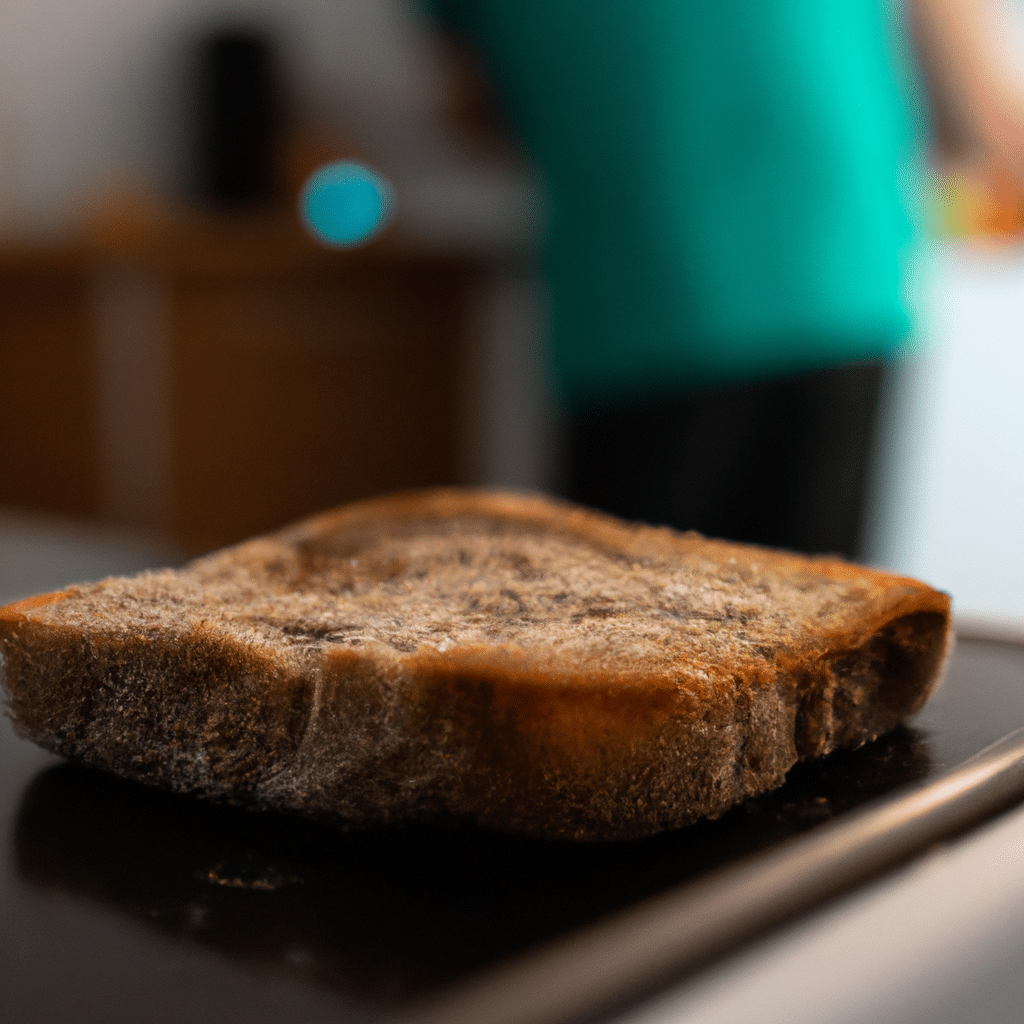As food lovers, we all strive to keep our food fresh and prevent spoilage as much as possible. We often take measures such as refrigeration, proper storage, and checking expiration dates to ensure that our food stays safe to consume. However, did you know that the humidity levels in your kitchen can also have a significant impact on the rate at which your food spoils?

Understanding Humidity
Humidity refers to the amount of moisture in the air. It is often measured using a hygrometer and is expressed as a percentage. High humidity levels mean that there is a lot of moisture in the air, while low humidity levels indicate that the air is dry.
The Relationship Between Humidity and Food Spoilage
High humidity levels in your kitchen can cause food to spoil faster. This is because high humidity levels provide the perfect breeding ground for bacteria, mold, and yeast to grow. These microorganisms thrive in moist environments and can quickly spread and contaminate your food.
Additionally, high humidity levels can cause condensation to form on the surface of your food, creating an ideal environment for bacteria to grow. This can lead to food spoilage, even if the food is stored properly.
On the other hand, low humidity levels in your kitchen can also cause food to spoil. Low humidity levels can cause your food to dry out, making it tough and inedible. This is particularly true for fruits and vegetables, which need a certain level of moisture to stay fresh.
Keeping Humidity Levels in Check
To prevent food spoilage caused by high humidity levels, it is essential to keep the humidity levels in your kitchen under control. One way to do this is by using a dehumidifier. Dehumidifiers are designed to remove excess moisture from the air, keeping the humidity levels in check.
Another way to control humidity in your kitchen is by using proper ventilation. Ensure that your kitchen has proper ventilation to allow for air circulation, which can help reduce humidity levels.
Proper storage of food is also essential to prevent spoilage caused by humidity. Store food items that are prone to spoiling in airtight containers to prevent moisture from getting in.
Conclusion
In conclusion, the humidity levels in your kitchen can have a significant impact on the rate at which your food spoils. High humidity levels can cause food to spoil faster, while low humidity levels can cause food to dry out and become tough. To prevent food spoilage caused by humidity, it is essential to keep humidity levels in check, use proper ventilation, and store food items appropriately. By doing so, you can ensure that your food stays fresh and safe to consume for longer.

